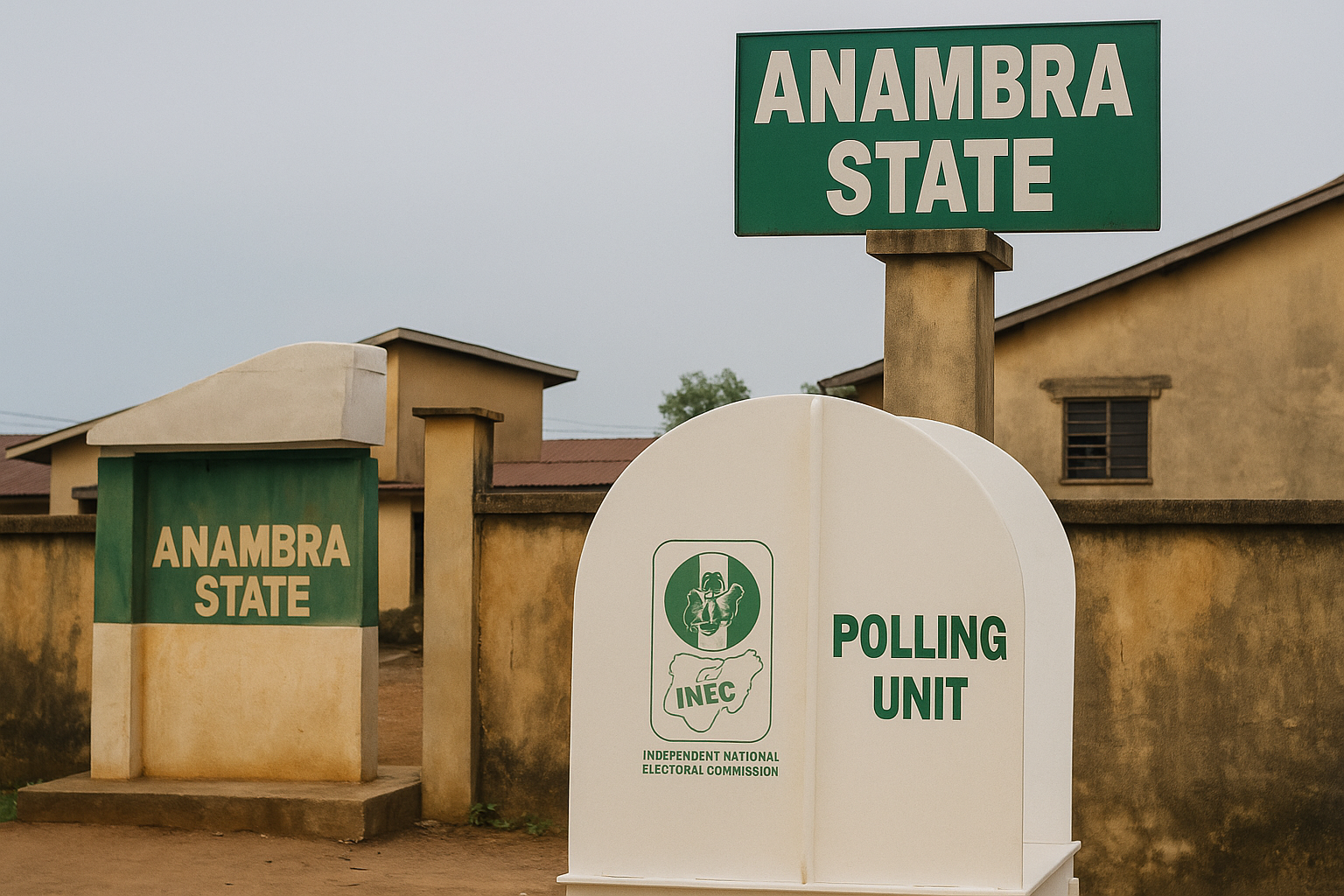Global Rights Nigeria developed an interactive dashboard that assesses and ranks the operational environment for Civil Society Organisations (CSOs) across Nigerian states and the FCT. This innovative monitoring tool, accessible at www.cso.globalrights.org , provides critical insights into the enabling conditions that facilitate or hinder CSO activities nationwide. The 2024 CSO State Ranking Mapping Assessment has delivered a stark wake-up call for Nigeria's democratic landscape, revealing a deeply troubling picture of civic space fragmentation across the country. While northern states demonstrate what an enabling environment for civil society organizations (CSOs) can look like, the assessment exposes a sobering reality in the south particularly in Anambra State, which ranks dead last among all 36 states and the Federal Capital Territory. Most southern states, with Anambra leading this unfortunate pack continue to maintain restrictive conditions that stifle civic participation. This disparity doesn't just represent a policy failure; it undermines the very foundation of equitable democratic participation across Nigeria's diverse landscape.
This ranking comes at a critical juncture for Anambra, as the state prepares for upcoming governorship and bye-elections. The timing raises urgent questions about whether CSOs can effectively fulfill their vital roles in election monitoring, observation, and intervention when operating in Nigeria's most restrictive civic environment.
Anambra's Restrictive Reality: More Than Just Rankings
Being ranked lowest is not merely a statistical embarrassment for Anambra, it represents a fundamental challenge to democratic governance in the state. The restrictive civic environment suggests that CSOs face significant barriers in their operations, from regulatory hurdles to limited space for advocacy and public engagement. These restrictions manifest in various ways: cumbersome registration processes, excessive government oversight, limited access to decision-making spaces, and potentially hostile regulatory environments. For CSOs working in areas like human rights, electoral transparency, and social justice, such conditions create a climate of uncertainty and constraint.
Election Season: When Civic Space Matters Most
As Anambra approaches its electoral cycles, the state's restrictive civic environment poses serious implications for democratic integrity. CSOs play indispensable roles during elections:
Election Monitoring and Observation: Independent CSOs provide crucial oversight, documenting irregularities, monitoring voting processes, and ensuring transparency. In restrictive environments, their ability to access polling stations, gather data, and report findings may be severely compromised.
Voter Education and Mobilisation: CSOs traditionally conduct voter education campaigns, helping citizens understand their rights and the electoral process. Restrictive regulations could limit their ability to reach communities effectively or disseminate critical information.
Advocacy and Policy Intervention: During election periods, CSOs often advocate for electoral reforms, transparent processes, and inclusive participation. A hostile civic environment could silence these important voices just when they're needed most.
Post-Election Accountability: Beyond election day, CSOs play vital roles in tracking campaign promises, monitoring governance, and holding elected officials accountable. Restrictive conditions could undermine these long-term democratic functions.
The Broader Democratic Cost
The implications extend far beyond Anambra's borders. When civic space is restricted in any part of Nigeria, it weakens the entire democratic fabric. Citizens lose trusted intermediaries who can amplify their voices, advocate for their interests, and hold power accountable. The result is a democratic deficit that affects not just election outcomes, but the quality of governance that follows.
Moreover, restrictive civic environments often correlate with reduced transparency, limited accountability, and fewer checks on executive power. For a state preparing for elections, these conditions could compromise the credibility and legitimacy of the entire electoral process.
The assessment's findings should serve as a catalyst for immediate action. Several interventions could help transform Anambra's civic landscape:
Regulatory Harmonisation: Anambra needs to align its CSO regulations with best practices observed in northern states and international standards. This includes streamlining registration processes, reducing bureaucratic barriers, and creating clearer operational guidelines.
Institutional Strengthening: The state needs robust institutions that protect civic space rather than restrict it. This includes independent oversight bodies, transparent complaint mechanisms, and clear legal frameworks that guarantee CSO rights.
Stakeholder Engagement: Government, CSOs, development partners, and citizens must engage in meaningful dialogue to identify specific barriers and co-create solutions. This collaborative approach has proven successful in states with more enabling environments.
Capacity Building: Both government institutions and CSOs need enhanced capacity to navigate regulatory frameworks, understand mutual obligations, and work together effectively.
Time-Sensitive Opportunities
With elections approaching, Anambra has a unique opportunity to demonstrate commitment to democratic values by improving its civic space. Quick wins could include:
Establishing clear protocols for CSO election monitoring access
Creating transparent grievance mechanisms for civic space violations
Engaging CSOs in pre-election planning and coordination
Ensuring protection for CSOs conducting legitimate electoral activities
The Stakes Are High
As Nigeria's democracy continues to evolve, the health of civic space in states like Anambra will significantly influence the country's democratic trajectory. The current restrictive environment doesn't just affect CSOs, it impacts every citizen's ability to participate meaningfully in democratic processes. The upcoming elections in Anambra represent more than political contests; they're tests of whether democratic institutions can function effectively in restrictive civic environments. The answer will have implications far beyond state boundaries, potentially influencing how civic space evolves across Nigeria's southern regions.
The 2024 CSO State Ranking Mapping Assessment by Global Rights Nigeria has provided a roadmap for understanding Nigeria's civic space challenges. For Anambra, ranking last is not a permanent sentence, it is a call to action. The state's leadership, civil society, and citizens must work together to transform restrictive conditions into enabling environments.
The clock is ticking as elections approach. Whether CSOs can effectively monitor, observe, and intervene in these crucial democratic processes may well depend on how quickly and comprehensively Anambra addresses its civic space deficits. The state's democratic future and its contribution to Nigeria's broader democratic project hangs in the balance.
Nigeria's democracy is only as strong as its weakest civic space. Right now, that space is in Anambra, and the time for transformation is now.
